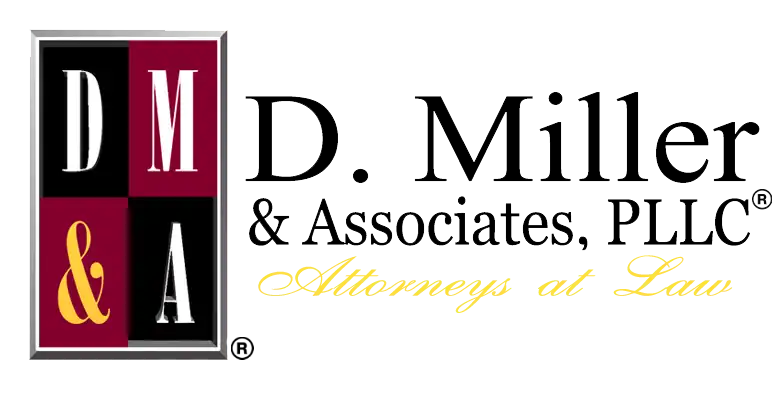Gaming addiction lawsuits typically arise from concerns about the psychological and financial effects of excessive gaming, particularly among minors. These lawsuits are often directed at video game developers and publishers, alleging that their products are intentionally designed to be addictive through various mechanisms, including loot boxes and microtransactions.
A personal injury lawyer at D. Miller & Associates can help you seek justice. Founded in 2002 by Darren A. Miller, we have a robust staff of lawyers, investigators, and paralegals. If you or someone in your family has been harmed by video game addiction, we understand the financial burdens you may face: medical bills, ongoing treatment, and lost wages. Our priority is to support you in securing the resources you need to move forward. Schedule a free consultation today.
Legal Claims Against Addictive Video Games
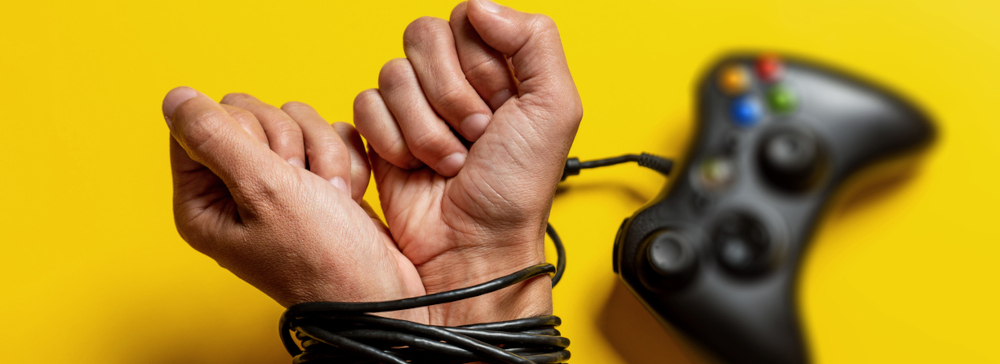
In March 2025, an Illinois judge ordered a video game addiction lawsuit to arbitration. Filed by Jaclyn Angelilli against Fortnite, Roblox, and other developers, the lawsuit claims her son required outpatient counseling, private tutoring, and a Section 504 Plan due to video game addiction. If arbitration fails, she may pursue further legal action. This case is one of many alleging that game companies design their products to be addictive.
What Is a Video Game Addiction Lawsuit?
A video game addiction lawsuit is often filed against video game developers or publishers, alleging that their games were designed to be excessively addictive, causing harm to individuals, particularly minors.
The lawsuit must be grounded in specific legal claims, such as:
- Product Liability – Asserting that the game was designed with addictive mechanics that pose a risk to players, making it inherently harmful without proper safeguards.
- Negligence – Claiming the game company failed to warn users about the potential risks of gaming addiction despite knowing about its harmful effects.
- Consumer Protection Violations – Alleging deceptive business practices, such as misleading advertisements, hidden addiction risks, or predatory monetization tactics.
- Unjust Enrichment – Arguing that developers knowingly profited from exploitative game mechanics, such as loot boxes and microtransactions, at the expense of vulnerable players.
- Gambling Law Violations – If the game includes loot boxes, randomized rewards, or pay-to-win mechanics, plaintiffs may claim it constitutes unregulated gambling, especially if minors were involved.
Game Developers and Publishers Facing Lawsuits for Gaming Addiction

As noted, game developers and publishers are facing lawsuits alleging that they fail to warn users about gaming addiction risks, provide inadequate parental controls, and facilitate unregulated gambling, leading to mental, emotional, and financial harm.
The top video game developers and publishers under investigation include:
- Roblox Corporation: Roblox addiction lawsuit
- Epic Games: Fortnite addiction lawsuit
Other developers and video games facing lawsuits include:
- Rockstar Games: Grand Theft Auto 5
- Activision Blizzard: Call of Duty, Overwatch
- Valve Corporation: Counter-Strike
- Respawn Entertainment: Apex Legends
- Ubisoft: Rainbow Six Siege
Further, gaming addiction issues are occurring across multiple platforms, including consoles (PlayStation, Xbox, Nintendo Switch), gaming PCs, tablets, and smartphones. The problem is not limited to a single type of device. Mobile games, in particular, have faced criticism for free-to-play models with aggressive monetization, while console and PC games often incorporate gambling-like mechanics and endless content loops that encourage excessive playtime.
How Video Games Contribute to Addiction
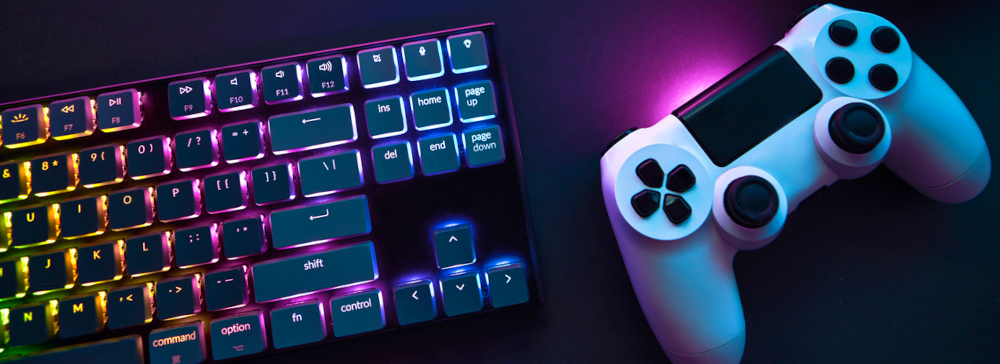
The Mayo Clinic reports that playing video games is a highly stimulating experience that triggers the release of dopamine, the “feel-good hormone.” This surge in dopamine motivates the brain to seek out and repeat pleasurable activities. Much like tobacco, alcohol, or drugs, gaming can become a compulsive behavior, with players returning again and again in search of the same rewarding experience.
Over time, this drive for stimulation can lead to addiction, making it difficult for individuals — especially adolescents whose brains are still developing — to moderate their gaming habits. Further, current litigation alleges developers use algorithms, artificial intelligence, and behavioral psychology to drive gameplay time and in-game purchases.
Several countries, including Belgium and the Netherlands, have banned or restricted loot boxes, viewing them as a form of gambling.
What Are the Symptoms of Addiction?
In the DSM-5-TR, the American Psychiatric Association recognizes Internet Gaming Disorder (IGD) as a compulsion that causes “significant impairment of distress,” including five or more of these symptoms:
- Preoccupation with gaming
- Sadness, anxiety, or irritability when gaming is taken away or not possible
- The need to spend more time gaming to satisfy the urge
- Unsuccessful attempts to quit gaming or reduce playing time
- Giving up other activities and loss of interest in previously enjoyed activities
- Deceiving family members or others about the amount of time spent on gaming
- The use of gaming to relieve negative moods, such as guilt or hopelessness
- Having jeopardized or lost a job or relationship due to gaming
Video game addiction may contribute to depression, rage, ADD/ADHD, and oppositional defiant disorder. As a result, players could experience emotional instability, social withdrawal, and cognitive changes due to excessive screen time.
Who Qualifies for a Video Game Addiction Lawsuit?
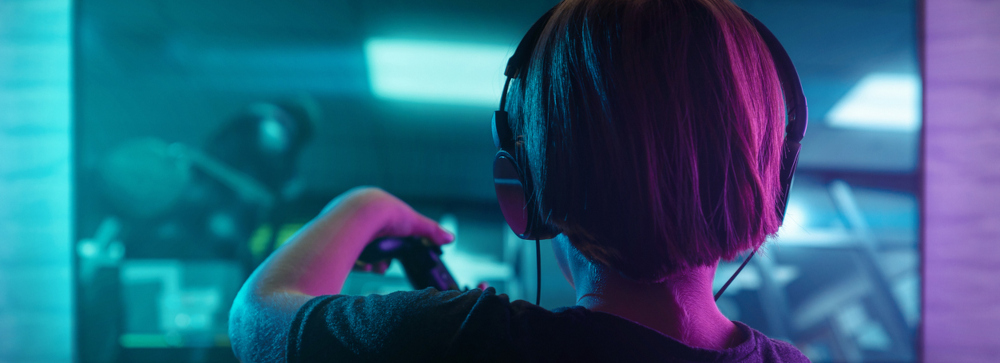
Determining eligibility is complex and based on many factors. If you feel you may have a case, it’s always best to consult an experienced injury attorney. However, here are a few general criteria:
Proof of Play
To qualify for a video game addiction lawsuit, plaintiffs typically need to provide proof of excessive gaming rather than incidental play. Attorneys generally focus on individuals, often minors, who demonstrate prolonged and compulsive gaming behavior that disrupts daily life, such as neglecting school, work, hygiene, or social interactions.
The courts may consider clinical diagnoses of gaming disorder, evidence of addiction-driven spending, or game mechanics designed to encourage compulsive play.
Proof of Medical Diagnosis
Simply playing video games is not enough to support a lawsuit—you must provide medical evidence linking gaming addiction to significant harm. This may include diagnosed psychological conditions such as gaming disorder, anxiety, depression, oppositional defiant disorder (ODD), or impulse control issues.
Additionally, physical health impacts, such as eye strain, migraines, sleep disorders, repetitive stress injuries, or even gaming-induced seizures (epilepsy), may be considered as evidence of harm. A documented diagnosis from a licensed medical or mental health professional strengthens the case.
Age
The most compelling legal claims typically involve individuals under the age of 25, as their brains are still in critical stages of development, particularly in areas responsible for impulse control, decision-making, and risk assessment.
As a result, younger players are more susceptible to dopamine-driven reward systems, compulsive behaviors, and psychological dependence, making them particularly vulnerable to the manipulative mechanics found in many modern video games. Courts often take this into account when evaluating claims of gaming addiction-related harm, especially in cases involving minors and young adults.
Can Parents File a Lawsuit on Behalf of Their Child?
Parents can file separate claims for both themselves and their child in a gaming addiction lawsuit. They may seek compensation for their own damages, such as emotional distress, loss of parental companionship, or financial strain caused by their child’s addiction. Separately, they can file on behalf of their child to recover costs for medical treatment, therapy, developmental harm, educational disruptions, and loss of future opportunities resulting from the addiction.
“You don’t have to stand alone against corporate giants. We’re here to fight for you and confront the practices in video game design that prioritize profit over player well-being.”
What Evidence Is Needed to Prove Gaming Addiction?
To prove gaming addiction, strong, well-documented evidence is crucial. Here’s what may be required:
- Medical Evidence: A diagnosis from a licensed healthcare professional confirming gaming disorder, anxiety, depression, or physical conditions (e.g., eye strain, sleep disorders) linked to excessive gaming.
- Gaming Activity Logs: Game statistics, playtime records, in-game data, or account history demonstrating prolonged and compulsive gaming behavior.
- Financial Records: Receipts, bank statements, or transaction histories showing excessive in-game purchases, loot box spending, or gaming-related financial losses.
- Impact on Daily Life: Personal statements, witness testimony, or expert evaluations documenting how gaming has negatively affected social life, education, employment, or family relationships.
- Proof of Company Negligence or Misconduct: Screenshots, expert reports, or industry research demonstrating manipulative design, deceptive marketing, lack of warnings, or failure to implement adequate parental controls.
According to Frontiers in Psychology, “The prevalence rates of IGD (Internet Gaming Disorder) among adolescents range from 1.2 to 10% in Western countries and from 7.5 to 15% in Asian countries.” Expert testimony and insights like this will be vital for a strong claim against game makers.
Meet Your Legal Heroes
Behind every case stands a team of dedicated legal heroes, ready to take on the insurance companies and fight for the compensation you deserve.
How to File a Gaming Addiction Lawsuit

Video game addiction lawsuits are becoming more common as parents and individuals take legal action.
Here’s a step-by-step guide on how to start your claim:
- Consult an attorney. Choose an attorney specializing in personal injury, product liability, or gaming lawsuits. They can determine if you have a case and guide you through the legal process.
- Collect evidence. To strengthen your case, collect medical records (diagnosis of gaming disorder, anxiety, or other conditions), gaming history (proof of excessive playtime), financial statements (microtransaction or in-game spending), and screenshots or game data (showing manipulative design or misleading marketing).
- File a Lawsuit. Your lawyer will draft a legal complaint explaining the harm caused, identify the defendant (game developer, publisher, or platform), and submit the lawsuit in the correct court jurisdiction before the statute of limitations.
Deadline to File a Video Game Addiction Claim
The statute of limitations for filing a gaming addiction lawsuit varies by state, typically from one to six years, depending on the legal claim and jurisdiction. In cases where the harm was not immediately apparent, courts may apply the discovery rule, which extends the deadline to file from the date the injury was recognized.
Additionally, most states toll (pause) the statute of limitations for minors, allowing them to file a lawsuit after turning 18, with some states granting additional time beyond adulthood.
Contact a Video Game Addiction Attorney at D. Miller & Associates, PLLC
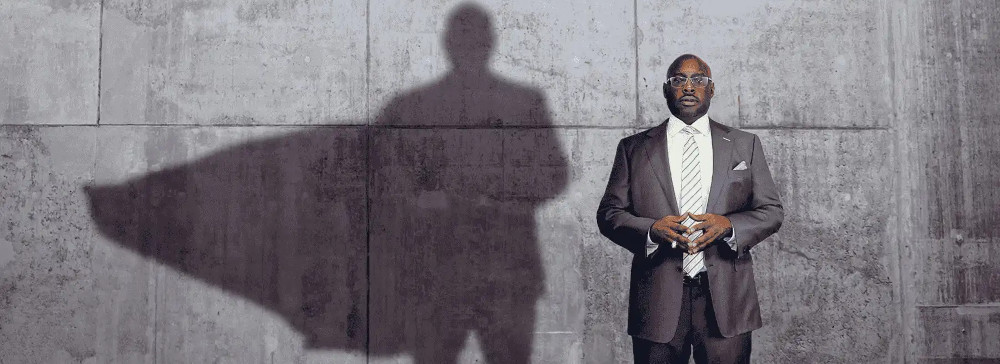
At D. Miller & Associates, PLLC, we offer free, no-obligation consultations with a video game addiction lawyer to help you understand your legal options. Let us put our extensive resources to work for you so you get the money you need to secure your finances now and in the future. Our attorneys work on a contingency basis, meaning our fees come from the final settlement or jury award, not your pocket. Contact a personal injury attorney at D. Miller & Associates, PLLC, today.
